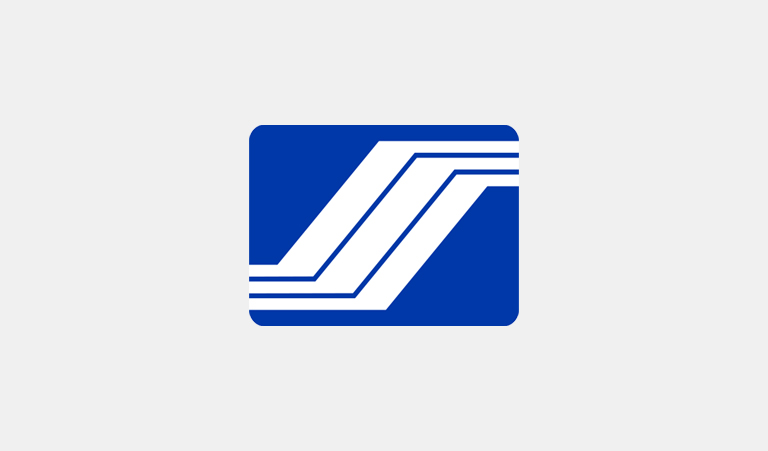It’s perhaps considered unrealistically optimistic that a governmental agency that takes care of its members in all aspects of life – including the birth of their children, when they fall ill, and when they require loans to make ends meet – could actually exist; however, this is the stated purpose of the Philippine Social Security System (SSS).
The SSS is a government-run social insurance program for non-governmental employees, providing a number of benefits that include (but are not limited to): sickness, maternity, disability, and retirement benefits; death and funeral grants; and member, business and housing loans, among others. Similar to the Pag-IBIG benefits (more information on the Pag-IBIG Fund can be found in our other PhilPay blog here) members have to meet certain criteria before they can avail of the associated benefits.
Since its inception, the SSS has been providing said benefits to the majority – if not all – of contributing employees. Membership to the SSS is lifetime, and cannot be terminated, in the same way that the contributions cannot be withdrawn at any time. Should there be a change in a member’s personal records, they must immediately report the changes to the nearest SSS office, present the pertinent documents, and update their records accordingly. Likewise, members should only have one SS number; those who have more than one must immediately go to the nearest SSS office to cancel one account and consolidate all contributions under just one SS number.
Given the numerous benefits Filipinos can derive from regularly paying their SSS premiums, self-employed people and unemployed Filipinos are encouraged to register as voluntary members. They can pay their premiums in advance or on a monthly basis thereafter. Unfortunately, they cannot pay retroactively should payments be skipped.
SSS contributions depend upon the member’s range of compensation. At the moment, employees pay 3.69% of the required credit, while employers shoulder 7.37% of the required contribution per employee. Self-employed, voluntary members, and Overseas Filipino Workers (OFWs) pay the total 11% together. Today, contributions range from P110 for those who earn P1000 to P1,249.99 per month, while those who earn over P15, 750 pay a total contribution of P1, 760 per month.
When it comes to availing of these benefits, however, there are few online government portals that are as responsive and as effective as that of the SSS. Using the government website, members can check that their monthly contributions have been registered and verify that their employers are paying their premiums appropriately, apply for loans, and determine if they are eligible for other services. They no longer have to go to the physical office of SSS for loan availment as once they apply for loans, as their employers will notify them and, in turn, confirm the successful completion of the process. In a relatively short space of time, the checks for their salary loans will be delivered directly to their offices.
